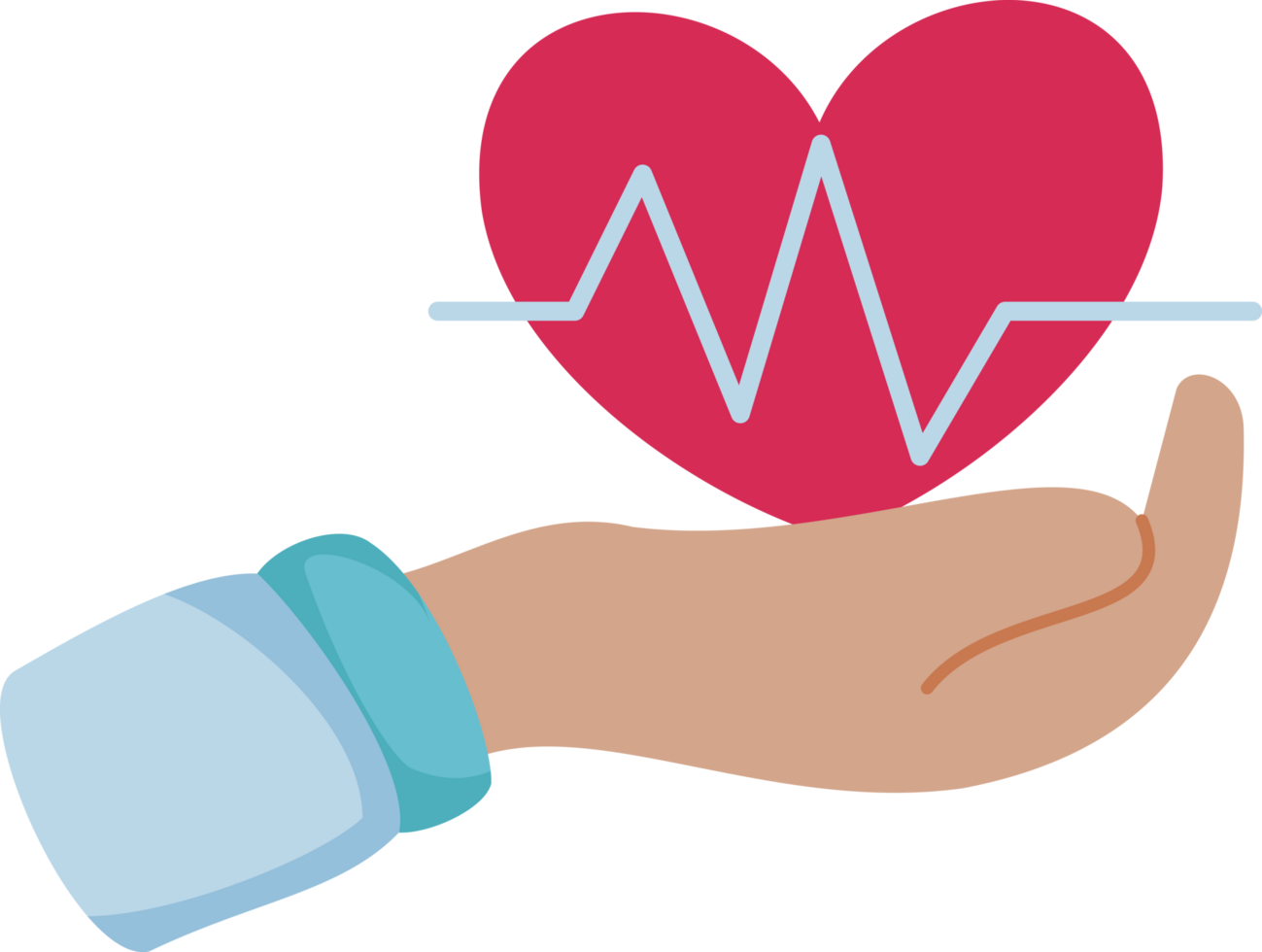Introduction
Every year on July 1st, India celebrates National Doctor's Day, a special occasion to honor the dedication and contributions of medical professionals across the country. This day serves as a reminder of the pivotal role doctors play in our lives, from routine check-ups to life-saving interventions. In this blog post, we'll delve into the significance of Doctor's Day, express our gratitude to these healthcare heroes, and explore the journey of becoming a doctor in India.
The Origin of Doctor's Day in India
Doctor's Day in India commemorates the birthday and honors the legacy of Dr. Bidhan Chandra Roy, a renowned physician and the second Chief Minister of West Bengal. Born on July 1, 1882, Dr. Roy was a pioneer in the Indian medical scene and a distinguished political leader. His dual roles as a doctor and a statesman symbolize the potential of medical professionals to heal not just individuals, but society as a whole.
Appreciating Our Doctors: More Than Just Healers
Unwavering Dedication
Doctors dedicate their lives to the service of humanity. Their commitment often extends far beyond regular working hours, with many sacrificing personal time to ensure patient well-being. The recent COVID-19 pandemic has further highlighted their unwavering dedication, as doctors worked tirelessly on the frontlines, often at great personal risk.
Continuous Learning
The field of medicine is ever-evolving, and doctors commit to lifelong learning to stay abreast of the latest developments. This dedication to knowledge ensures that patients receive the most up-to-date and effective treatments available.
Emotional Support
Beyond treating physical ailments, doctors often provide crucial emotional support to patients and their families during challenging times. Their empathy and compassion are as healing as their medical expertise.
Community Leaders
Many doctors extend their influence beyond the clinic or hospital, becoming advocates for public health and contributing to health policy decisions. Their expertise is invaluable in shaping a healthier society.
A Heartfelt Greeting to Every Doctor
To every doctor reading this: Your hard work, sacrifices, and commitment do not go unnoticed. On this Doctor's Day, we extend our heartfelt gratitude for your service. Your dedication to preserving and improving human life is truly commendable. Whether you're a general practitioner in a rural clinic, a specialist in a city hospital, or a researcher pushing the boundaries of medical science, your contributions are invaluable. Thank you for being our guardians of health, for your sleepless nights, missed family occasions, and unwavering commitment to the Hippocratic oath. Happy Doctor's Day!
 |
The Challenges Facing Doctors: Mental Health, Salaries, and Protections
While we celebrate the invaluable contributions of doctors, it's also important to acknowledge the challenges they face in their professional lives. Understanding these issues can help us appreciate their dedication even more and recognize areas where support is needed.
Mental Health of Doctors
The demanding nature of medical professions can take a significant toll on doctors' mental health. Several factors contribute to this:
1. **High-Stress Environment**: Doctors often work in high-pressure situations where their decisions can have life-or-death consequences.
2. **Long Working Hours**: Many doctors, especially those in training or in certain specialties, work extremely long shifts, which can lead to burnout.
3. **Emotional Burden**: Dealing with patient suffering and death on a regular basis can be emotionally draining.
4. **Work-Life Balance**: The demanding nature of the job often makes it difficult for doctors to maintain a healthy work-life balance.
5. **Stigma**: Unfortunately, there's often a stigma within the medical community about seeking help for mental health issues.
Recent studies have shown concerning rates of depression, anxiety, and burnout among medical professionals in India. Initiatives are being taken to address these issues, including:
- Establishment of mental health support programs in hospitals and medical institutions
- Efforts to reduce stigma around mental health in the medical community
- Promotion of work-life balance and stress management techniques
Doctors' Salaries in India
The remuneration for doctors in India can vary widely based on factors such as specialization, experience, location, and whether they work in the public or private sector.
1. **Government Sector**:
- Entry-level doctors (MBBS) in government services typically earn between ₹50,000 to ₹80,000 per month.
- Specialists in government hospitals can earn ₹1,00,000 to ₹2,00,000 or more per month.
2. **Private Sector**:
- Salaries in private hospitals are often higher but can vary greatly.
- Junior doctors might start at ₹30,000 to ₹70,000 per month.
- Experienced specialists in top-tier private hospitals in major cities can earn several lakhs per month.
3. **Private Practice**: Doctors running their own clinics have variable incomes depending on their reputation, location, and specialization.
It's important to note that while some doctors, particularly experienced specialists in urban areas, can earn substantial salaries, many doctors, especially those in rural areas or early in their careers, face financial challenges.
Protections for Doctors
Doctors in India face various risks in their line of work, and there are several measures in place to protect them:
1. **Legal Protections**:
- The Medicare Service Persons and Medicare Service Institutions (Prevention of Violence and Damage to Property) Act, also known as the Protection of Medicare Service Persons and Medicare Service Institutions Act, has been enacted in many states to protect healthcare workers from violence.
2. **Insurance**:
- Professional Indemnity Insurance is available to protect doctors against claims of negligence or errors in treatment.
- Many hospitals also provide insurance coverage for their staff.
3. **Workplace Safety**:
- Hospitals are increasingly implementing security measures to protect staff from potential violence or abuse from patients or their families.
4. **Professional Associations**:
- Organizations like the Indian Medical Association (IMA) advocate for doctors' rights and protections.
5. **COVID-19 Specific Protections**:
- During the pandemic, additional measures were introduced, including insurance schemes for healthcare workers involved in COVID-19 care.
Despite these protections, challenges remain. Incidents of violence against doctors, particularly in emergency settings, continue to be a concern. There are ongoing discussions about strengthening legal protections and improving working conditions for medical professionals.
The Journey to Becoming a Doctor in India
NEET: The Gateway to Medical Education
The National Eligibility cum Entrance Test (NEET) is the uniform entrance examination for admission to medical colleges in India. Introduced in 2013, NEET has standardized the admission process across the country, ensuring that aspiring doctors are selected based on merit.
Key points about NEET:
1. **Eligibility**: Students who have completed or are appearing for their 12th standard exams with Physics, Chemistry, and Biology are eligible to appear for NEET.
2. **Exam Pattern**: NEET consists of 180 multiple-choice questions from Physics, Chemistry, and Biology (Botany & Zoology).
3. **Importance**: NEET scores are accepted by all medical colleges in India, including AIIMS and JIPMER, which previously held separate entrance exams.
4. **Preparation**: Given the competitive nature of the exam, students often begin preparation as early as their 11th standard.
### Medical Colleges in India
India boasts a vast network of medical colleges, both government and private, that shape the future of healthcare in the country.
1. **Top Institutions**: Some of the most prestigious medical colleges in India include:
- All India Institute of Medical Sciences (AIIMS), New Delhi
- Christian Medical College, Vellore
- Armed Forces Medical College, Pune
- Maulana Azad Medical College, New Delhi
- King George's Medical University, Lucknow
2. **Government vs. Private Colleges**: While government colleges often have more affordable fees, private colleges sometimes offer state-of-the-art facilities. Both play crucial roles in meeting India's healthcare needs.
3. **Specializations**: After completing their MBBS, doctors can pursue post-graduate studies in various specializations, from Cardiology to Neurosurgery, further honing their expertise.
4. **Research Opportunities**: Many medical colleges in India are at the forefront of medical research, contributing to global advancements in healthcare.
## The Future of Medicine in India
As we celebrate Doctor's Day, it's also an opportunity to look towards the future of medicine in India. With advancements in technology, the integration of Artificial Intelligence in healthcare, and the growing focus on preventive medicine, the role of doctors is evolving. India's medical professionals are not just keeping pace with these changes but are often leading the way in innovation and patient care.
Conclusion
Doctor's Day is more than just a date on the calendar; it's a reminder of the profound impact medical professionals have on our lives. From the aspiring medical student preparing for NEET to the seasoned surgeon performing life-saving operations, every individual in the medical fraternity contributes to the health and well-being of our society.
As we express our gratitude on this Doctor's Day, let's also commit to supporting our medical professionals, whether through advocating for better healthcare policies, maintaining our health, or simply showing appreciation for their service. To all the doctors out there: Thank you for your dedication, your compassion, and your unwavering commitment to healing. Happy Doctor's Day!
As we celebrate Doctor's Day, it's crucial to recognize not just the contributions of doctors, but also the challenges they face. From mental health issues to concerns about fair compensation and personal safety, doctors navigate a complex professional landscape while striving to provide the best care possible.
Supporting our doctors goes beyond just appreciating their work. It involves advocating for better working conditions, mental health support, fair compensation, and stronger protections. By addressing these challenges, we can help create an environment where doctors can thrive, ultimately leading to better healthcare for all.
On this Doctor's Day, let's renew our commitment to supporting the well-being of those who dedicate their lives to our health. To all doctors: your resilience in the face of these challenges is truly commendable. Thank you for your unwavering dedication to the noble profession of healing.
Rate This Article
Thanks for reading: Celebrating Doctor's Day in India: A Tribute to Medical Professionals, Stay tune to get latest coding Tips.

